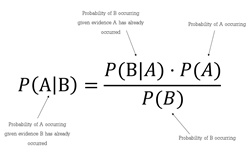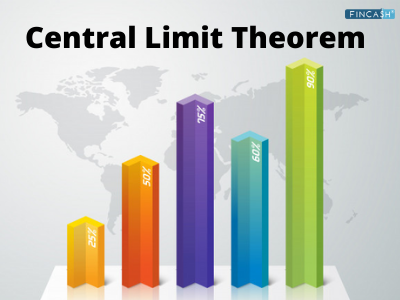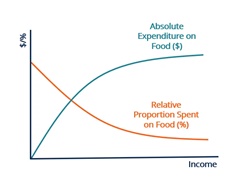
Table of Contents
What is Arrow’s Impossibility Theorem?
Arrow’s Impossibility Theorem shows the errors in the ranked voting system. According to the theorem, the right order of preferences is quite hard to understand when you are supposed to follow the necessary principles of the voting process. The theorem gets its name from Kenneth J. Arrow and it is commonly referred to as the general impossibility theorem.

Democracy is all about listening to every citizen’s voice and considering their ideas before forming the government or making any important decision. In all democratic countries, the citizens are supposed to visit the polls to give their votes. There are hundreds of thousands of votes generated and each vote is counted to find out the next leader of the country. While that is democracy and it is how the elections are to be conducted, Arrow’s Impossibility Theorem suggests that in situations where the preference of each individual is taken into consideration, there is no way to prepare a social ordering until you violate one or all of the following conditions:
Nondicatorship – The preference of different voters are to be taken into account.
Pareto Efficiency – The mutual preferences of people should be valued over anything else. For instance, if most people want Candidate R to win the elections, then Candidate R must be the one to win.
Irrelevant Choices – On eliminating a particular choice from the competition, the other choices must remain the same. For example, if one candidate is ranking ahead of another candidate, then the same order must be maintained even if a new candidate is eliminated from the competition.
Free Domain – Each individual must submit the vote and each vote must be considered before declaring the result of the election.
Arrow’s Impossibility Theorem became a famous concept when experts started to analyze if society works in a way that suggests the personal preferences of people. The concept was popularly known for identifying issues in welfare Economics. For better clarification, we have explained the concept with a clear illustration. Let’s check the example.
Talk to our investment specialist
Arrow’s Impossibility Theorem Example
In the following example, the voters were given an opportunity to rank their choices for the three projects related to the Economy. The main idea was to rank the choices in such a way that each individual could tell their choice concerning how the annual tax dollars must be used. Now, suppose there are 60 people asked to rank their choices for the project. This is the result:
- 20 voters choose A
- 20 voters choose B
- 20 votes choose C
In such a situation, it is impossible to make a decision based on the individuals’ choice, as the votes are equal for all candidates. Even if the authorities make a decision, they will be violating almost every principle mentioned above. In the example given above, there is no way the parties can come to a conclusion without violating one of the principles of democracy. The main application of Arrow’s Impossibility Theorem is in the election, i.e. when each voter is asked to give their vote.
All efforts have been made to ensure the information provided here is accurate. However, no guarantees are made regarding correctness of data. Please verify with scheme information document before making any investment.












